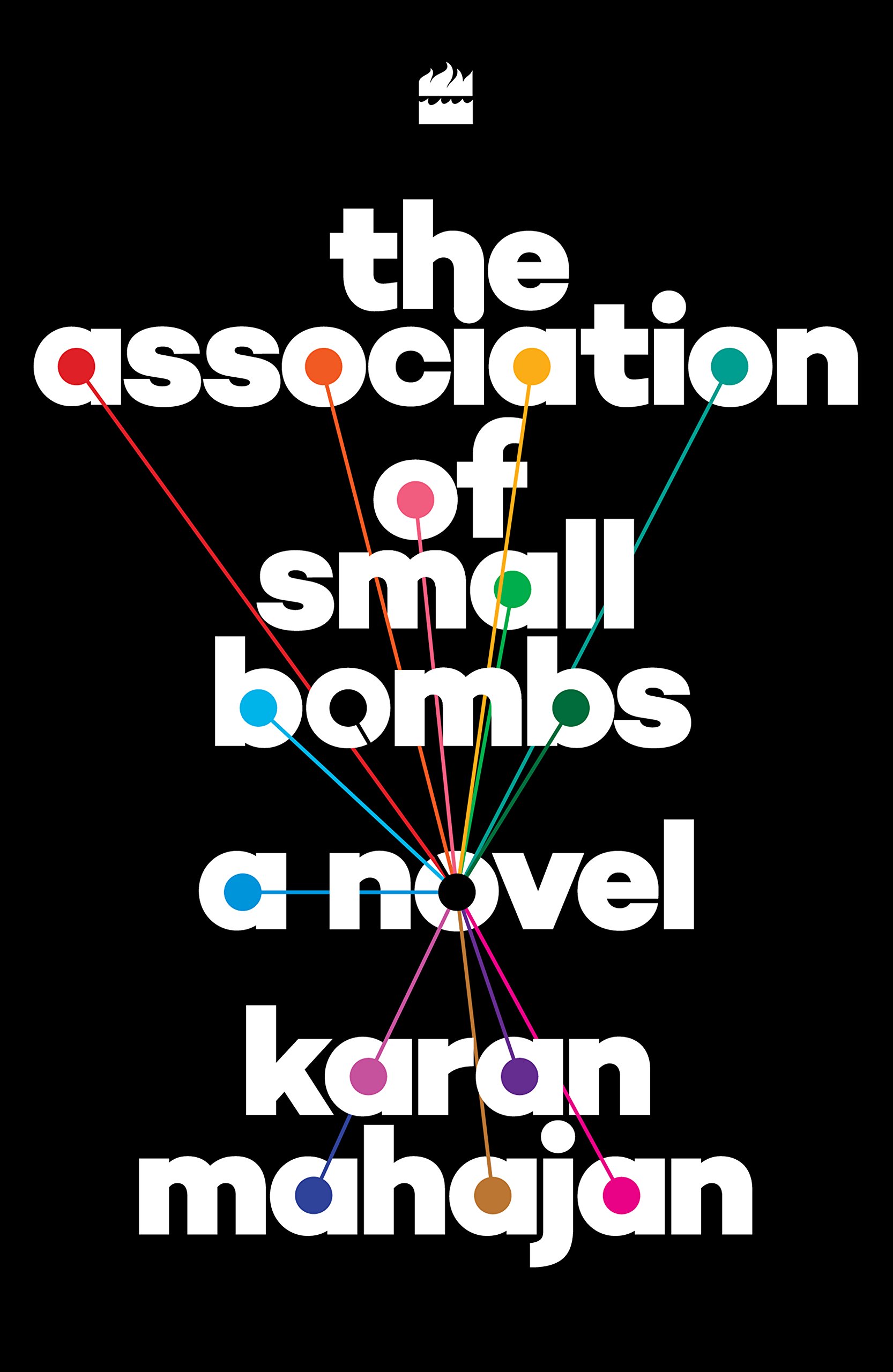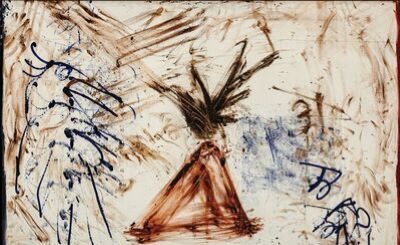
Karan Mahajan. Photo courtesy of Wikipedia
In his second novel, The Association of Small Bombs, shortlisted for the DSC Prize for South Asian Literature, Karan Mahajan explores the intellectual and emotional motivations of terrorists
In his second novel, The Association of Small Bombs (Fourth Estate), about the bombing of a Delhi market, Karan Mahajan explores the intellectual and emotional motivations of terrorists. The well-crafted novel opens with a bombing in a New Delhi marketplace in 1996 and explores the resultant trauma caused by the attack, examining it from the perspective of both the victims, their families, and the perpetrators.
Among the finalists for the 2016 National Book Award for Fiction, The Association of Small Bombs was described by its judges as an “epic tableau drawn by the instruments of empathy, an illuminating human expedition from India to America and back, a story that burns straight through you—incandescent, absorbing, engrossing — a novel of hope and despair, love and rage, today and tomorrow.” Mahajan grew up in New Delhi and moved to the US for university. His first novel, Family Planning (Rupa), was a finalist for the International Dylan Thomas Prize.
In this interview, Mahajan says that he wanted to “explore the ways in which terrorists and victims are brought into psychological proximity by an explosion — even if, as is the case with most attacks, the terrorists and victims don’t actually meet.” Excerpts from the interview:
The Punch: The Association of Small Bombs, the story of a small, forgotten blast in Delhi, brings us closer to the tragedy and its aftermath. How did you approach the story? Was the idea also to humanise the other?
Karan Mahajan: I didn’t have lofty goals — I just wanted to see this one “small” bombing, and its aftermath, clearly. And I suppose I never thought of any of my characters as the “other” — I was more interested in making sense of the intellectual and emotional motivations of terrorists.
The Punch: How crucial was it to include the perspectives and backgrounds of both the victims and the terrorists?
Karan Mahajan: Very crucial. I wanted to explore the ways in which terrorists and victims are brought into psychological proximity by an explosion — even if, as is the case with most attacks, the terrorists and victims don’t actually meet.
The Punch: Did you have to work on its form to make its structure reflect the tangled mass of the subject?
Karan Mahajan: It’s a tricky question, because I spent years stumbling around in utter darkness, convinced the project would be a failure. But then I hit upon the right dispassionate tone and voice, and started writing linearly, and the form and the connections suggested themselves.
The Punch: Is Shaukat (Shockie) Guru based on a real character? Tell us about the process of research for the novel?
Karan Mahajan: No, he’s completely fictional — I actually had the name “Shockie” long before I started the book. As for research, I read many books about the history and causes of terrorism, travelled all over India, hung around the Delhi court system, and took courses on Islamic History, the Bible, and Delhi History.

The Punch: What are some of the best novels on terrorism you have read? In what ways did you want The Association of Small Bombs to be different?
Karan Mahajan: The best ones I’ve read are The Secret Agent and Under Western Eyes by Conrad. Nothing else comes close. But even in these books, the effects of terrorism on the victims is elided.
The Punch: It’s very much a Delhi novel. Did you draw on your own experiences in the city? Your first novel, Family Planning, too was set in Delhi. How crucial is the sense of place to you as a writer?
Karan Mahajan: I draw on settings I have a deep emotional connection to — these are the neighborhoods of South Delhi that appear in my novels. And I think a sense of place is essential because it suggests an entire culture behind each character’s actions.
The Punch: Like Family Planning, a social-political satire, The Association of Small Bombs, despite the grim theme, doesn’t lose out on humour. Did you aim to normalise radicalisation by writing about the mundane minutiae from the lives of people planning terror attacks?
Karan Mahajan: “Normalising” is a good word to use in this context: yes, I wanted to show how “radicalization” is really a familiar human process. I think the humor in my writing comes from a sense of futility or helplessness.
The Punch: It’s a novel that stands out for chiseled and lyrical prose. In a novel that’s essentially about destruction, how does the quest to craft such sentences work? How do you work on imagery?
Karan Mahajan: I’m touched that you liked the sentences. In the final draft, my goal was to see everything as clearly as possible, and to write without flair — in other words, I was interested in how sentences and paragraphs worked together musically, rather than considering each sentence as a jewel that needed polishing. But I’m a visual writer and I think lyricism and imagery seeped automatically into my prose.
The Punch: What does being shortlisted for the DSC South Asian award mean to you? Have you yet got a chance to read others on the shortlist? Would you name some of the contemporary Indian writers you admire?
Karan Mahajan: It’s thrilling! I haven’t read the other books on the list yet because I’d feel nervous if they were good! As for contemporary Indian writers, there are many, but here are two books that have stayed with me over the past few years: If It’s Monday It Must Be Madurai by Srinath Perur and The Way Things Were by Aatish Taseer. I’m also excited about Amitava Kumar’s sensitive novel The Lovers.
The Punch: What are you currently working on?
Karan Mahajan: I’m currently flailing in a swamp of prose that I’m praying turns out to be a third novel.
More from The Byword
Comments
*Comments will be moderated











